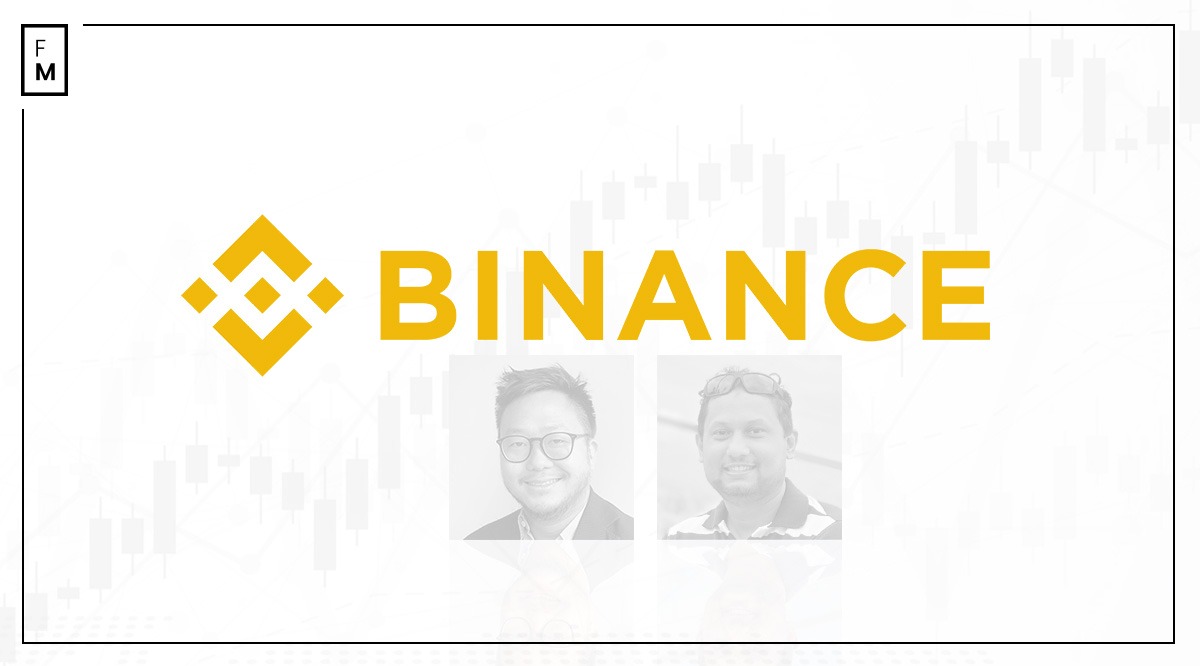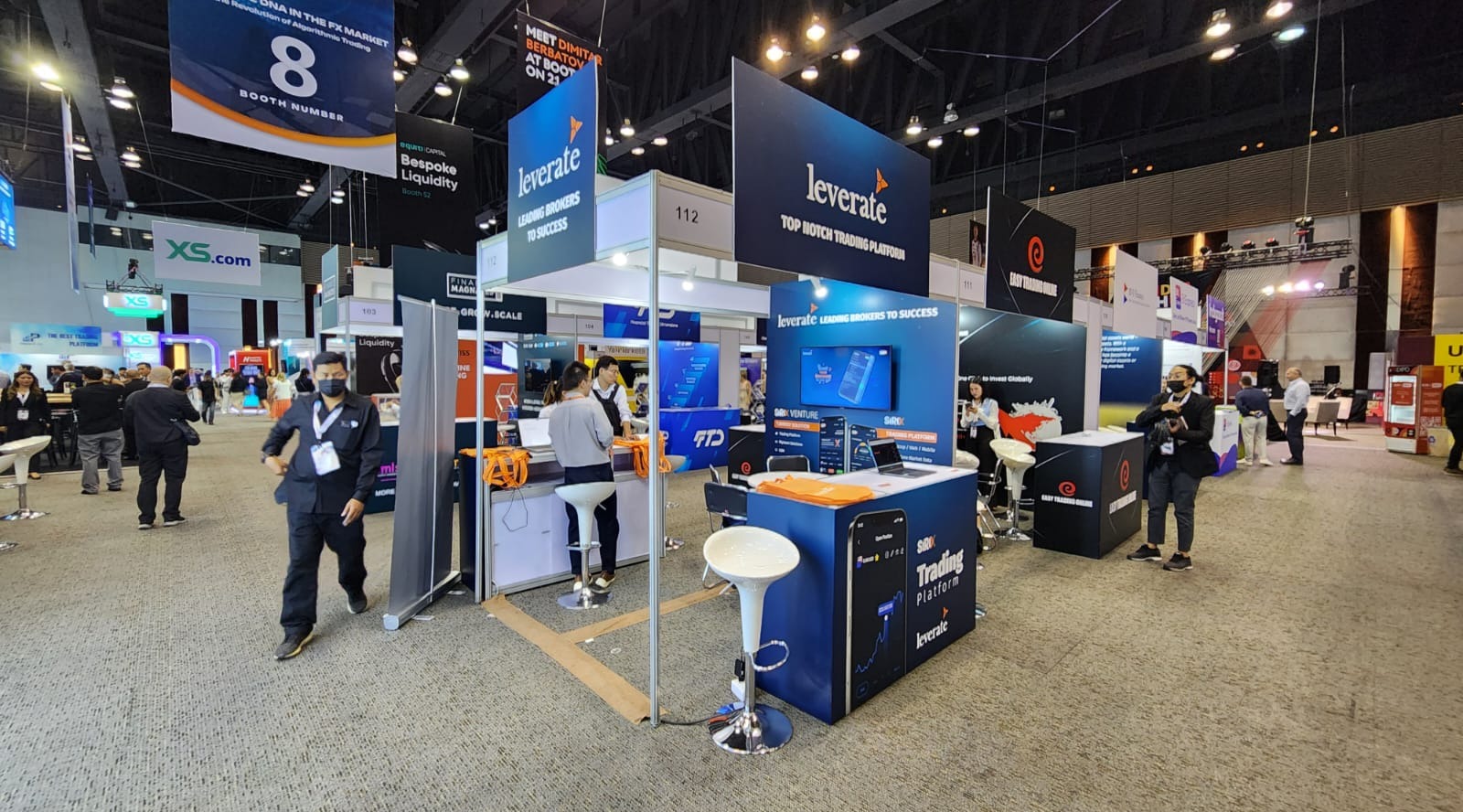Regulatory issues around the world have led to the departure of several key executives from Binance, increasing the number to five. Mayur Kamat, the Global Product Lead, has stepped down after more than a year with the company. Exchange's growing regulatory challenges may be the main reason for the talent drain.
Binance Loses Two More Employees Over the Weekend
The cryptocurrency exchange, Binance confirmed in a statement that Kamat, who joined the exchange in April 2022, has resigned from his role as product lead.
"We are grateful to him for helping guide Binance through some of our most explosive growth and we wish him the very best," a spokesperson for the exchange was quoted by CoinDesk.
It turns out Kamat is not the only executive that Binance lost this weekend. Earlier reports that were published on Friday revealed that Leon Foong who oversaw operations in the Asia-Pacific region decided to leave the platform. Foong was responsible for the company's growth in Japan, South Korea, and Thailand.
Recently, Binance has seen other departures. The exchange has bid farewell to three other executives in the past few months. The latest executives exiting from the firm expand this list to five significant names, including Matthew Price, the Senior Director of Investigations, Patrick Hillmann, the Chief Strategy Officer, and Steven Christie, the Senior Vice President for Compliance.
Hong Kong and UAE Become Key Regions for Binance
Binance's regulatory troubles began this year when both the CFTC and SEC in the United States filed lawsuits against the exchange and its founder for allegedly conducting illegal activities and offering instruments that should be registered as securities. Over time, these issues have spilled over into other markets, including several European countries and Australia. Faced with challenges in multiple jurisdictions and the loss of talent, Binance has increasingly focused on growth in Asia and the Middle East, particularly in the United Arab Emirates (UAE).
Alex Chehade, the Head of Binance's Dubai operations, recently stated that the UAE offers a stable and transparent regulatory environment that is ideal for cryptocurrency businesses. In an interview with Cointelegraph, Chehade emphasized that Binance chose the UAE for its operations because the local laws provide a sense of certainty that is crucial for business growth. Operating in a jurisdiction with fluctuating regulations is not conducive to building a large enterprise, and the Middle East is seen as offering the stability that Binance seeks.
Last month, Binance's Dubai subsidiary received an Operational Minimum Viable Product (MVP) license from Dubai's Virtual Asset Regulatory Authority (VARA). This development marks a significant step forward for the company, allowing it to offer virtual asset exchange and broker-dealer services to both institutional and qualified retail investors in Dubai.
Meanwhile, Binance has been invited to establish a presence in Hong Kong by Johnny Ng, a member of Hong Kong's Legislative Council.
This invitation came as Hong Kong opened its doors to cryptocurrency retail trading in June.


















